There was a major silver lining for travel even during the worst of the pandemic: Airlines went to extraordinary lengths to give travelers more flexibility. Had a flight scheduled that you didn't want to take? You could change it without hefty fees – or cancel it and get a voucher.
And that flexibility continues today as all the major U.S. airlines ditched changed fees – and some say they're gone for good. So long as you don't buy the cheapest basic economy fares, you can still get free change and cancellation on your flights.
That means you'll have to pay a bit more to avoid those pesky basic economy fares: Typically $50 to $70 on roundtrip domestic flights or up to $200 on long-haul international trips But with the flexibility of being able to change travel plans or even cancel a trip without losing money plus other perks like free seat selection and boarding earlier, that's a price that could easily be worth paying.
Here's a look at how each airline handles changes and cancellation policies now.
This also opens the door to rebooking your existing flights when prices drop to save even more – see how!
U.S. Airlines' Change Fee Policies
Alaska Airlines Cancellation Policy
You'll need to buy at least a main cabin fare with Alaska to be able to change or cancel for free.
New Alaska basic economy fares (which the airline calls “Saver fares”) can no longer be changed or canceled.
American Airlines Cancellation Policy
American Airlines ended the free change free-for-all earlier than almost anyone. And if flexibility is what you're after, American basic economy fares are worse than what you get on almost any airline.
You'll have to buy at least a main cabin fare to get a one-time free change or cancellation when flying with American. American basic economy tickets cannot be changed nor canceled, period – not even for a fee.
Read more on American's policy.
Delta Air Lines Cancellation Policy
Delta was one of the first major airlines to extend free change and cancellation to any ticket. These days, it's a bit more complicated.
Like other major U.S. carriers, Delta has done away with change fees so long as you buy a main cabin economy fare or higher. That means you can change flights without paying a fee (though you'd be on the hook for a fare difference) or cancel and get a Delta eCredit. Delta main cabin fares typically cost $50 to $70 more roundtrip within the U.S. – or $150 or more for most long-haul international flights.
But the airline has done something a bit different with Delta basic economy: Flyers buying its cheapest tickets can cancel … for a fee.
Canceling a flight within the U.S. or to Mexico, the Caribbean, or Central America will cost $99. To cancel a long-haul international flight, it'll cost you $199. That means dumping a $250 flight from Minneapolis-St. Paul (MSP) to Denver (DEN) booked in basic economy would only get you a $151 Delta eCredit. For a $700 flight to Amsterdam (AMS), you'd get just $501 in eCredits.
That's more flexibility than these fares had prior to the pandemic, as they couldn't be changed or canceled, period. Still, it might be worth paying a bit more to get free change and cancellation – plus all the other perks like free seat assignment and earning Delta SkyMiles.
Read more about Delta's policy.
JetBlue Cancellation Policy
You'll want to get at least a standard economy ticket (JetBlue calls them “Blue” fares) in order to get free change or cancellation.
You can still change or cancel any newly booked JetBlue basic economy fares. Like Delta, you'll just have to pay for it. If you buy a Blue Basic fare, you'll forfeit $100 to change or cancel a flight on most JetBlue routes – or $200 flights to/from South America or London.
Both cash bookings and award tickets booked with points are eligible. Canceled flights will get a travel credit for JetBlue.
Read more on JetBlue's policy.
Spirit Airlines Cancellation Policy
Budget airlines handle things a bit differently.
For many months, Spirit waived all change and cancellation fees on its fares. But now, the airline has returned to its normal change fee system, with higher fees to change or cancel a flight the closer you get to departure.
- 60+ days: Free
- 7-59 days: $49
- 3-6 days: $79
- 0-2 days: $99
Southwest Cancellation Policy
Pandemic or not, all Southwest tickets can always be canceled or changed without incurring a fee, though fare differences may still apply.
Southwest has even introduced new Wanna Get Away Plus fares which allow you a one-time transfer of a flight credit to another passenger.
Sun Country Cancellation Policy
Sun Country no longer has a special policy in place to handle change or cancellation. But its normal change policy waives change and cancellation fees for all flights at least 60 days ahead of departure.
Read more on Sun Country's policy.
United Cancellation Policy
United has taken a page out of Delta and JetBlue's book.
United has introduced a new fee structure to cancel its cheapest basic economy tickets. Just as with Delta, you can cancel a United basic economy fare and get a voucher minus a $99 fee for roundtrip domestic flights – or $199 for international tickets.
But considering you can select a seat for free and bring a carry-on, it might be worth paying more for a standard main cabin economy fare. Otherwise, United also allows you to pay to upgrade from basic economy to main cabin.
Main Cabin vs. Main Cabin Refundable Fares
Head spinning yet? It gets worse: You've got even more types of tickets to pick from when buying flights these days.
Once marketed solely to business travelers, airlines have been promoting refundable economy fares to travelers more and more throughout the pandemic. These often cost $70 to $100 more than standard economy tickets. So what's the difference?
- Main cabin economy fares can be changed or canceled for free, but you'll get a voucher (which may expire in under a year) if you cancel.
- Main cabin refundable economy fares can be changed or canceled for free to get your money back.
You've got some flexibility either way. If you want to make sure you can get your money back to your credit card – or you're worried you won't be able to put a voucher to use – it might be worth paying more for a refundable.
Otherwise, a normal main cabin ticket can still be canceled for a voucher with your airline.
Free Cancellation on Tickets Booked with Miles?
You're in luck – maybe.
Many of these same major U.S. airlines are applying the same free change and cancellation policies to award tickets booked using miles. But it varies by situation, so read closely.
- Alaska Airlines: Alaska is treating award bookings essentially the same as cash tickets. That means any award ticket booked using Alaska miles can be changed or canceled for free to get your miles back.
- American Airlines: American has completely eliminated its $150 redeposit fees for all award tickets, and canceling online is easy. Just beware that if you book a partner award ticket, you may have to call the airline to cancel and get your miles back.
- Delta: Delta was among the most generous policies for SkyMiles award tickets, with free change and cancellation on any of them. But now, only main cabin award tickets can be canceled without fee – you'll get your miles and taxes and fees back automatically. For Delta's basic economy awards, you'll forfeit 9,900 SkyMiles when canceling a domestic award trip (or to Mexico, Canada, Central America, or the Caribbean) and a whopping 19,900 SkyMiles for major international journeys.
- JetBlue: Fares booked with TrueBlue points are fully refundable – simply cancel your flight online and JetBlue will redeposit your miles at no cost.
- Southwest: Same as always, you can change or cancel your flight booked with Rapid Rewards points for free.
- United: United allows you to change a mileage redemption without paying a fee, and it will waive redeposit fees for all award travel so long as you cancel more than 30 days before departure.
Bottom Line
Travelers have returned to the skies and air travel is … well, basically back to normal. But the flexibility that first cropped up during the worst of the pandemic hasn't disappeared.
Airlines' moves to eliminate most change fees for good means there's still a way to book your flights worry-free, giving yourself the option to change or cancel without penalties. You'll just have to pay a bit more for it.
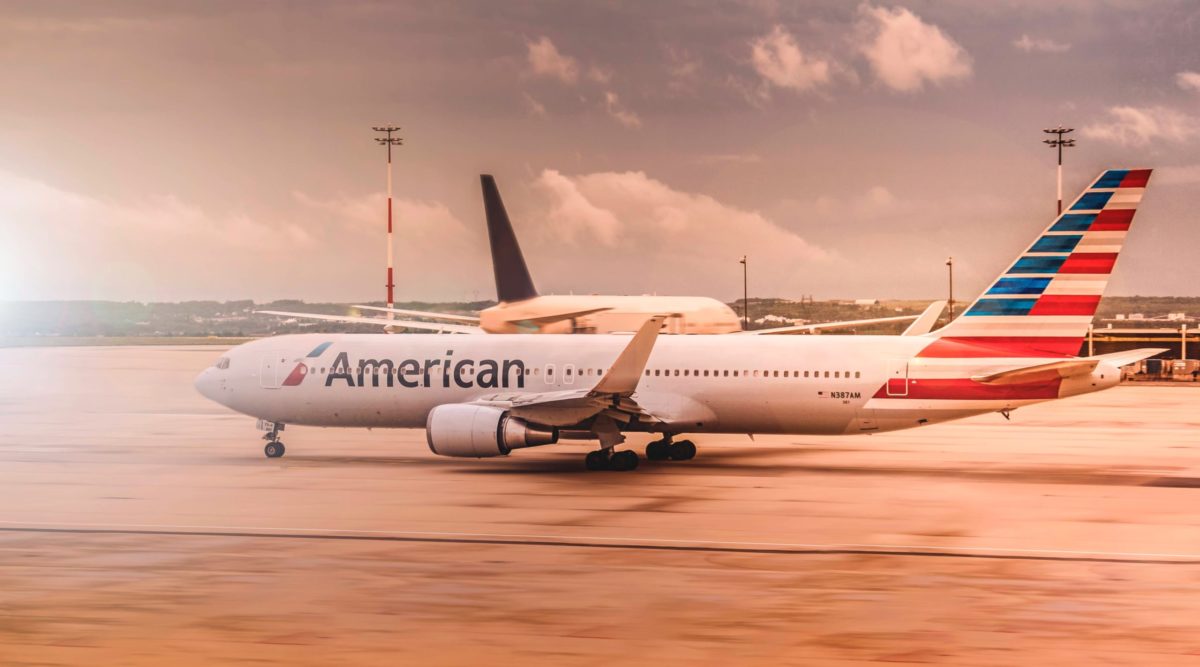
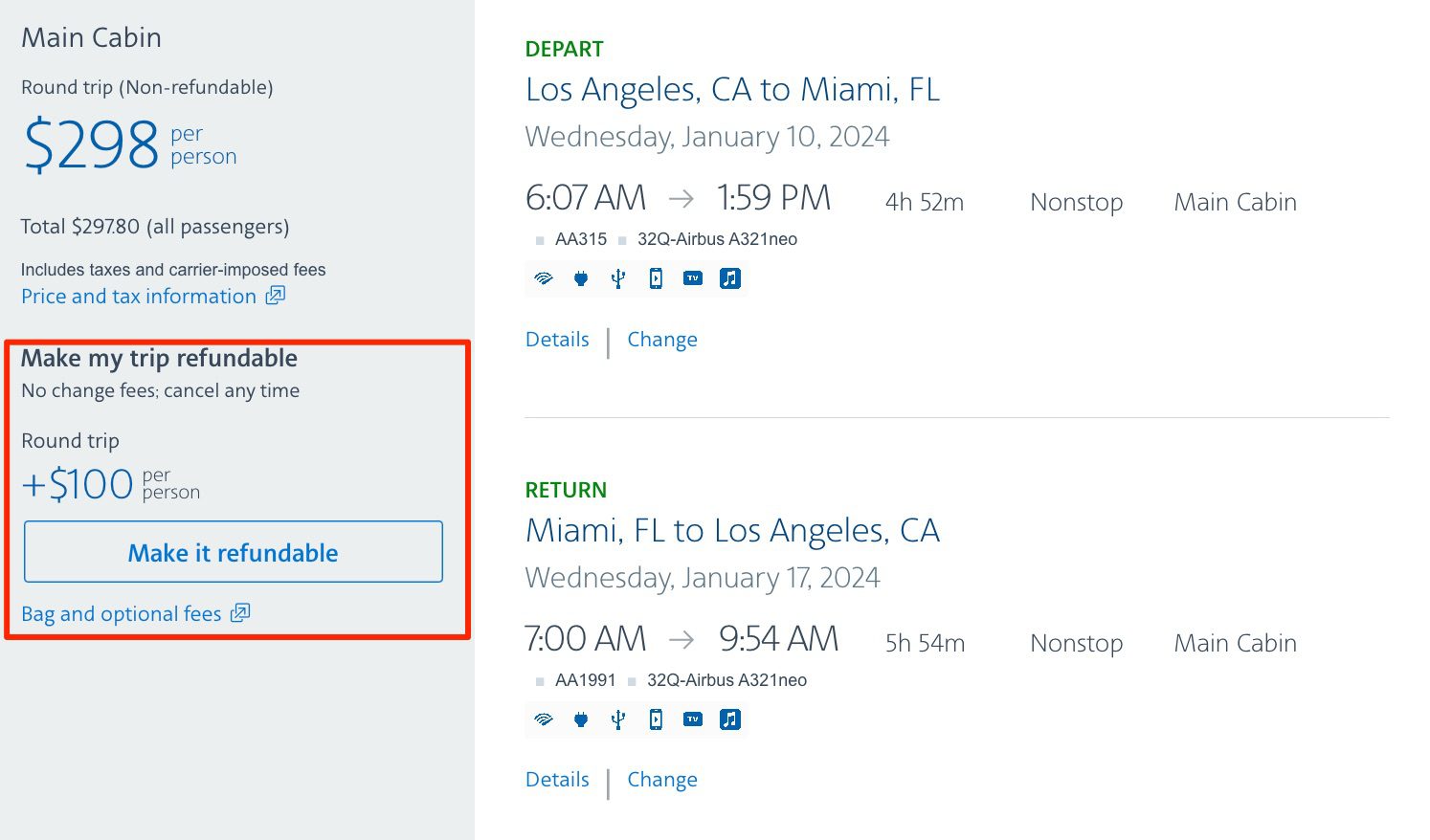
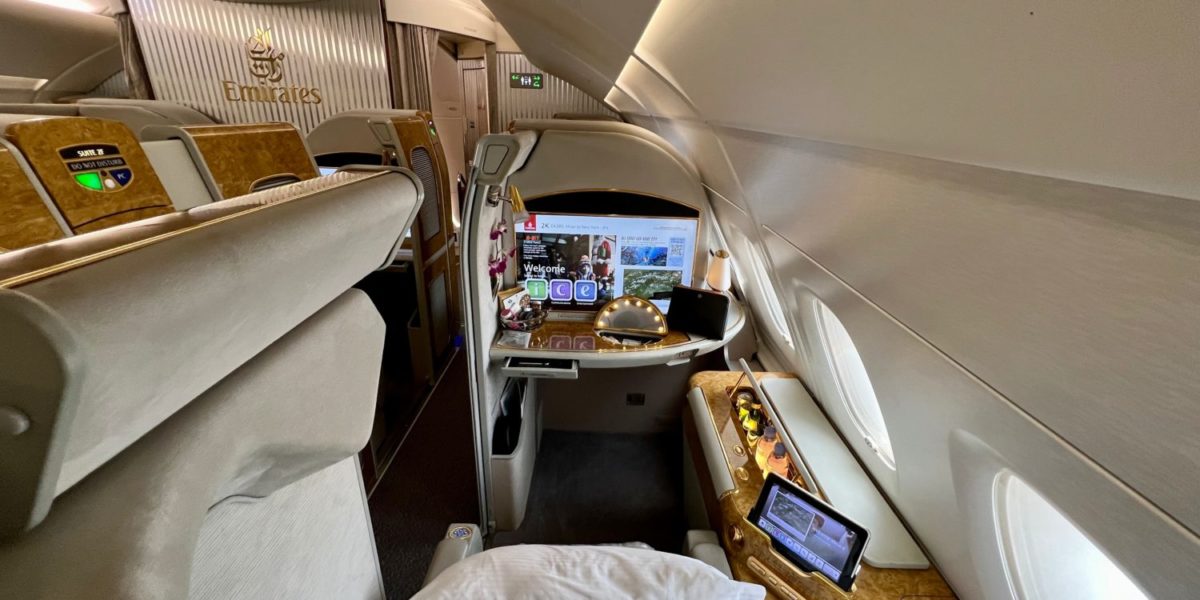
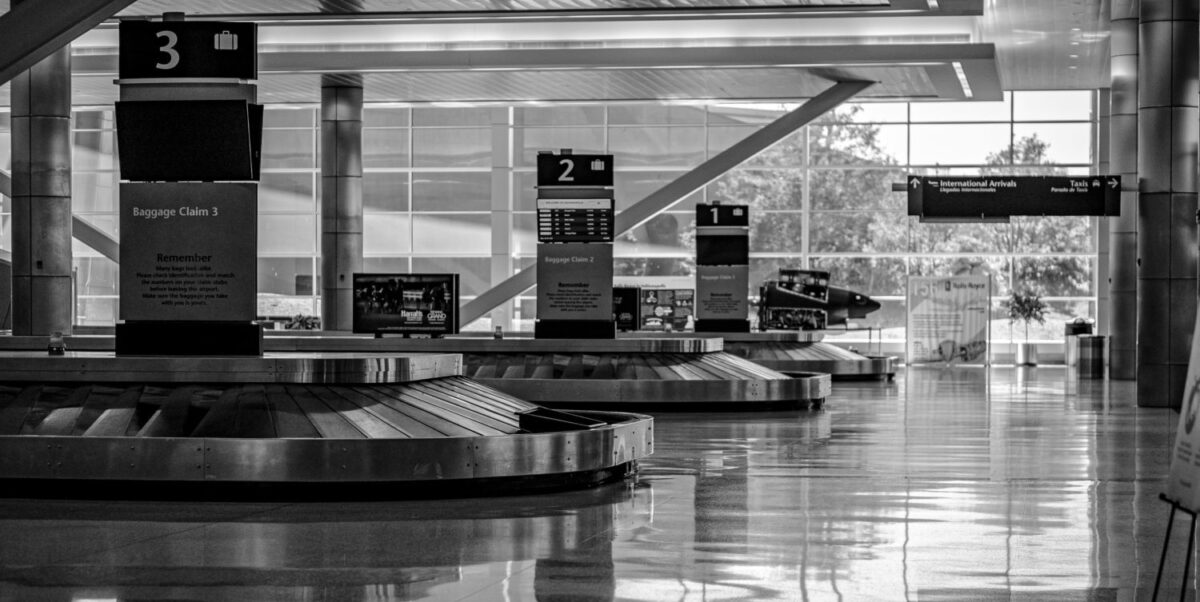
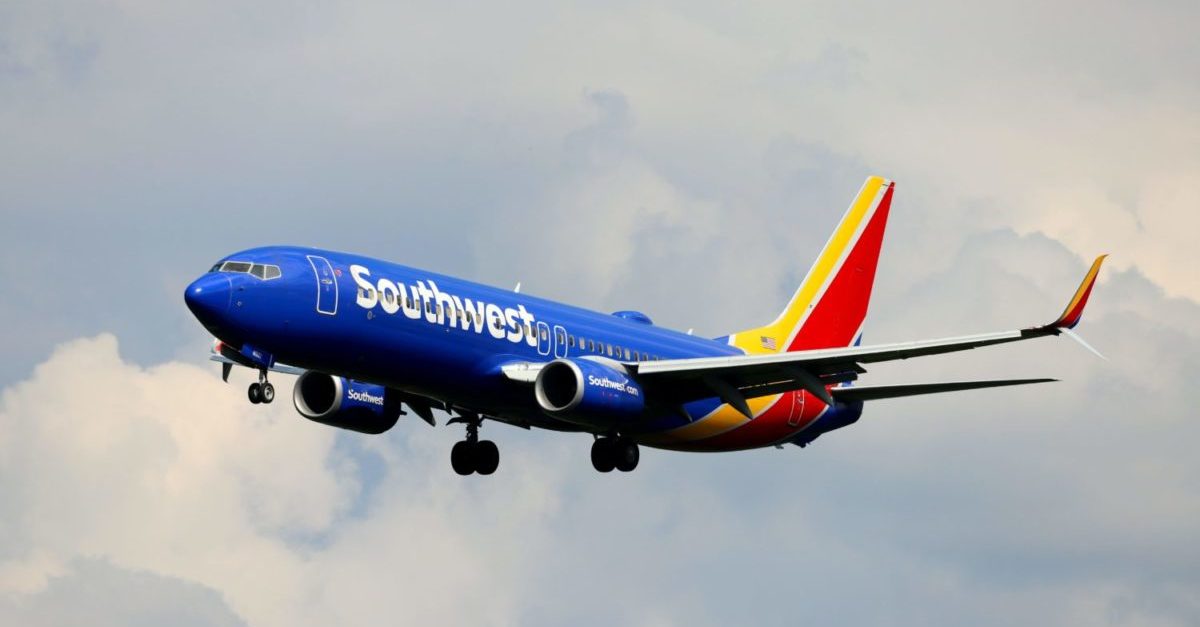
How does this work with return flights? Say you purchased a Delta Main Cabin ticket, made your departure as scheduled, but received a positive COVID test and needed to push out your return flight? Does the main cabin flexibility still allow you to change a flight when the first portion of the ticket has been used?
I had a KLM non-refundable flight scheduled for Venice to Antwerp for early Sept. The flights to & from Europe were already cancelled by the airlines (I waited patiently for that to happen, as advised) and received full refunds. This inter-European flight hasn’t been cancelled. But I was pleasantly surprised that I was offered a travel voucher for the full ticket value good for any booking made by 12/31/21 on KLM’s website (including with their partners like Air France, Delta, etc). The flight on the re-booking can be in 2022!
Be careful believing the promise of “no change fee”. Apparently after leaving on a round trip ticket for DFW a change to my return date will be the difference in fare between my current return ticket value and the price of a ticket with NO ADVANCE PURCHASE. What good is waiving a change fee if the only way to change my return date is to stay another 14 days plus how ever many days is needed for my class of service to be available? Who has that kind of flexibility in their schedule? I understand No change tickets but when you clearly promise changes can be made it is really dishonest to find a different way to charge them.
At a time they are asking people to fly and asking for our trust and understanding durring these time..this is a horrible way to treat people.
Do you know if tickets booked using Chase Sapphire points/miles are cancellable without a penalty beyond the 24 hour window now too?
Only if it falls under the waiver offered by the airline as spelled out here – and in some cases, you may wind up getting a voucher for that airline instead of your points back. It seems to vary a lot by airline and by cardholder.
While I would love it if TAP Portugal was actually offering free changes, the problem is that they’ve evaporated my reservation (and others, from the FB group of TAPhaters that’s evolved). I have two tickets for ORD to Valencia via Lisbon for late May, and they no longer show the reservation. The was communication about the flights as late as 2 weeks ago, and now, poof! No record of the transaction on their site. I’ve filed a complaint with the DOT. I realize that other folks are waiting for refunds on cancelled flights – and at some point I’ll get in line – but it would be nice to have them acknowledge the reservation.
I just checked and I was doing a Europe trip, hopping between a few countries. Italy being one. Both Vueling and EasyJet just gave me a full refund. I could have switched flights for free, but I have no Idea when I would even plan to go back.
We booked a trip to Italy 6 months ago on Norwegian Air and are scheduled to leave in 4 weeks.
So far 0 response from Norwegian.
Does this apply to Delta tickets booked in Basic Economy too?
But what about those who booked on United months ago and are leaving in a few weeks. We aren’t finding any information about waivers for flying into Rome.
Has Sun Country announced any sort of waiver?
Sun Country has not announced any kind of broad waiver to date. But that’s likely in part to the fact that Sun Country eliminated all change/cancellation fees for flights that are 60+ days from departure (and reduced other fees) https://thriftytraveler.com/sun-country-change-cancellation-fees/
I understand that Kyle, but I purchased my ticket for the end of March back in December, so don’t feel like Delta really cares about its customers, it just wants people to keep booking so is incentivizing people to make new bookings.
Apologies, Mary, I misunderstood your first comment. As for Delta’s goal here – you’re absolutely right.
I understand the airlines are hurting, and they want to increase bookings..but the March 3-end of March logic escapes me…What if I bought ticket for April travel in February? Why can’t I change w/o penalties? How’s someone buying ticket today any more affected than someone who bought the ticket before?
Really disappointing Delta isn’t allowing us to change domestic flights or give us credit to travel later in the year once the Corona Virus settles down, especially with so many cases in Washington and California now. I really don’t want to get on a plane that just came from either state. With Minnesota being a Delta hub, we will have travelers coming through our airport from affected states.
Delta has since expanded its waiver to apply to domestic tickets booked March 1-31.